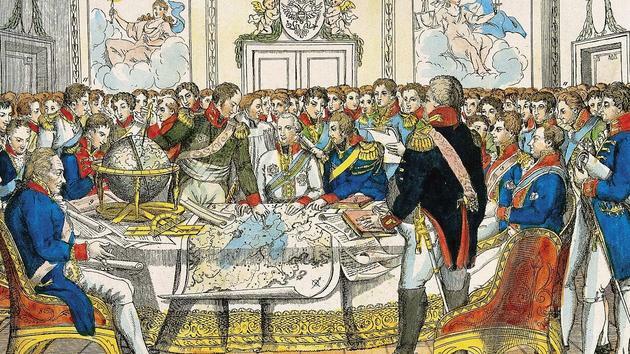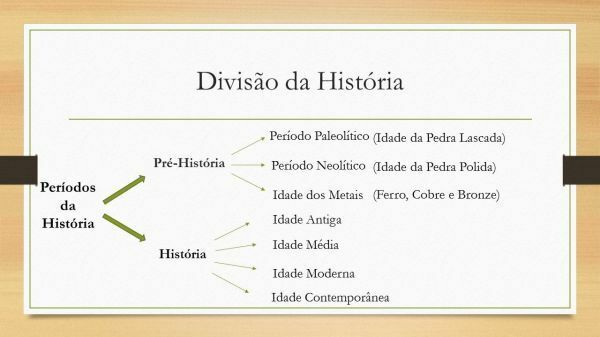O general government it was one of the models of administrative organization that the Portuguese established in Brazil during the colonial period. Created in the year 1548, the general government was created to replace another previous model of administrative organization: the system of hereditary captaincies .
This replacement happened because the system of hereditary captaincies did not work in Brazilian lands. This is because many Portuguese who received the captaincies did not want to move to Brazil to take care of the land they received. In addition, those who moved to Brazil faced many difficulties to be able to profit from the captaincy received from the Crown of Portugal.
As the system did not work out very well, Portugal then started to centralize the administration of the colony, creating the position of general governor. This governor was, from that moment, the most important authority present in Brazil and had the function of represent the interests of the king of Portugal in Brazilian lands.
Even with great powers, we know that the governor general alone would not take care of all the responsibilities and problems that involved the organization of the colonial space. It was then that, in order to better fulfill his attributions, the Governor General had the help of three other assistants: the main provider, O Captain General it's the Chief ombudsman.
O main provider had the responsibility of ensure tax collection in Brazilian lands and take care of expenses that the general government had in the administration of the territory. O Captain General had the responsibility of organize the troops responsible for the defense of the Brazilian coast against possible foreign invasions and attacks by indigenous communities present in Brazil. already the chief ombudsman exercised the role of judge, applying the laws and resolving conflicts existing among the colonial population.
General government was the mode of organization used by Portugal throughout the colonial period. During the 17th and 18th centuries, there were other forms of dividing the colonial territory that were used with the objective of facilitating the control of Brazilian lands. For a time, Brazil was divided into two parts, one with the capital in the city of Salvador and the other with the capital in the city of Rio de Janeiro. Soon after, there was another division that placed the Grão-Pará region under exclusive administration.
In the 18th century, the capital of the colony was definitively transferred to Rio de Janeiro. This decision was greatly influenced by the discovery of gold in central and southeastern Brazil. Therefore, the move in Rio de Janeiro was adopted to facilitate the collection and control of this wealth exploited by Portugal at the time.
The general government ended only in the year 1808, when the Portuguese Royal Family arrived in Brazil. At that time, Rio de Janeiro became the capital not only of the Brazilian colonial space, but also of the Portuguese Empire. Thus, the need for a governor-general to represent the king of Portugal was no longer necessary to control the territory of Brazil.
By Rainer Gonçalves Sousa
Kids School Collaborator
Graduated in History from the Federal University of Goiás - UFG
Master in History from the Federal University of Goiás - UFG



